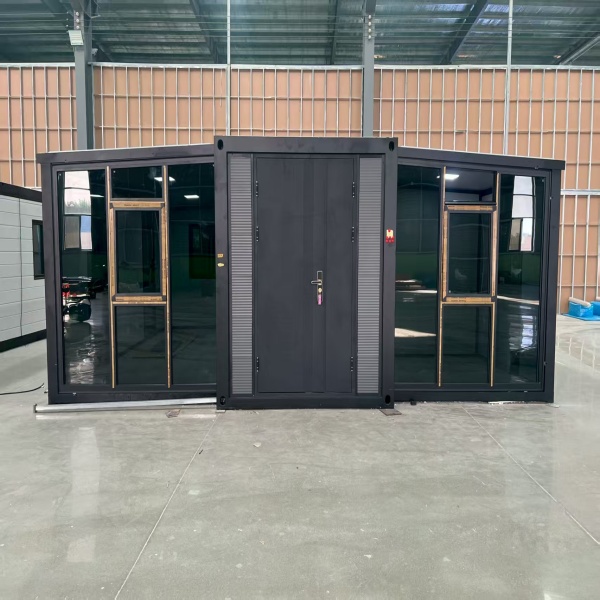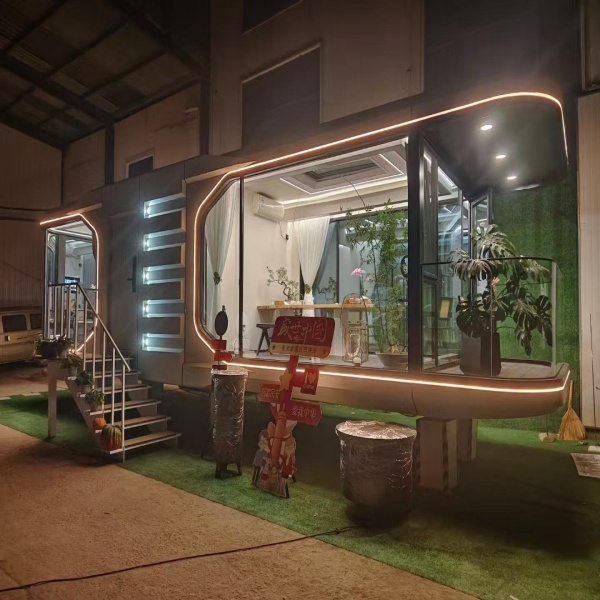-
E-mail
Austin120521@outlook.com -
E-mail
sales@jujiuhouse.com -
Telephone
+86-17864099991 -
Telephone
+86-17854044442
- Chinese
- French
- German
- Portuguese
- Spanish
- Russian
- Japanese
- Korean
- Arabic
- Irish
- Greek
- Turkish
- Italian
- Danish
- Romanian
- Indonesian
- Czech
- Afrikaans
- Swedish
- Polish
- Basque
- Catalan
- Esperanto
- Hindi
- Lao
- Albanian
- Amharic
- Armenian
- Azerbaijani
- Belarusian
- Bengali
- Bosnian
- Bulgarian
- Cebuano
- Chichewa
- Corsican
- Croatian
- Dutch
- Estonian
- Filipino
- Finnish
- Frisian
- Galician
- Georgian
- Gujarati
- Haitian
- Hausa
- Hawaiian
- Hebrew
- Hmong
- Hungarian
- Icelandic
- Igbo
- Javanese
- Kannada
- Kazakh
- Khmer
- Kurdish
- Kyrgyz
- Latin
- Latvian
- Lithuanian
- Luxembou..
- Macedonian
- Malagasy
- Malay
- Malayalam
- Maltese
- Maori
- Marathi
- Mongolian
- Burmese
- Nepali
- Norwegian
- Pashto
- Persian
- Punjabi
- Serbian
- Sesotho
- Sinhala
- Slovak
- Slovenian
- Somali
- Samoan
- Scots Gaelic
- Shona
- Sindhi
- Sundanese
- Swahili
- Tajik
- Tamil
- Telugu
- Thai
- Ukrainian
- Urdu
- Uzbek
- Vietnamese
- Welsh
- Xhosa
- Yiddish
- Yoruba
- Zulu
- Kinyarwanda
- Tatar
- Oriya
- Turkmen
- Uyghur

China fold out container
html
Understanding China's Fold Out Containers
Fold out containers have been making waves in various industries due to their versatility and practical applications. As someone who's spent years in logistics and housing solutions, I've seen firsthand how these structures revolutionize the way we approach temporary and permanent housing. Yet, there's often a misunderstanding about their true potential and limitations.
The Basics of Fold Out Containers
Fold out containers are essentially a modular housing solution that can be expanded or contracted based on the needs of the project. They are often praised for their ease of transportation and speed of setup. This design allows companies like Shandong Jujiu Integrated Housing Co., Ltd. to provide efficient housing solutions worldwide.
One common misconception is that these containers are merely a short-term fix, suitable only for emergencies. In reality, with proper customization, they can serve as long-term structures. Companies like SHANDONG JUJIU INTEGRATED HOUSING CO., LTD. (find more at jujiuhouse.com) leverage their expertise to transform these units into comfortable, sustainable habitats.
However, not everything is perfect. There's always the challenge of finding the right balance between cost and customization. Often, the initial low cost seems attractive, but cutting corners isn't always advisable.
Challenges in Implementation
Implementing fold out containers comes with its share of hurdles. It’s not just about setting them up quickly; it involves ensuring that the infrastructure supports long-term use. I've seen cases where inadequate preparation led to structural issues down the line.
Climate adaptability is another aspect worth considering. In my experience, certain materials may not withstand extreme conditions. This is where companies like SHANDONG JUJIU can make a difference, using advanced materials and engineering for better performance.
Bringing these containers into densely populated urban areas presents logistical challenges, too. The process involves meticulous planning to navigate through regulations and urban restrictions.
Real-World Applications
Fold out containers excel in various real-world scenarios. From emergency shelters to pop-up retail spaces, their adaptability is unparalleled. In 2020, I worked on a project that utilized these containers for temporary healthcare facilities.
In the construction sector, they serve as on-site offices or accommodation for workers. Their mobility allows for easy relocation, which is a huge advantage on large-scale projects.
Shandong Jujiu has developed projects that include light steel villas and movable board rooms, showcasing how diverse these applications can be.
Customization and Beyond
Customization is where fold out containers truly shine. Those I've worked with often enjoyed converting basic structures into fully-fledged living spaces, complete with amenities. Companies like SHANDONG JUJIU focus on optimizing designs to meet client needs efficiently.
Customization involves more than just modifying interiors. It includes strategic decisions about materials, layout, and even energy efficiency. Attention to these details can significantly impact the usability and longevity of the container.
Client feedback usually drives further innovation. I've seen many iterations where small suggestions lead to significant design improvements.
Learning from Every Project
Experience teaches what theory cannot. Every project I've been involved with has had its unique lessons. Whether it’s overcoming unexpected groundwork challenges or redefining shipping strategies, each obstacle pushes innovation.
With fold out containers, the learning never stops. They're adaptable, but that doesn’t mean they're immune to surprises. Understanding that is half the battle. Companies like SHANDONG JUJIU continue to refine their approach, using these lessons to pave the way forward.
The future of fold out containers in China and globally is promising. With ongoing advancements, they stand to change our architectural landscape profoundly. It’s an exciting prospect, and being part of it is truly rewarding.
Related products
Related products
Best selling products
Best selling products-
 Factory Direct Sales Office Folding Container Luxury House Living Container House
Factory Direct Sales Office Folding Container Luxury House Living Container House -
 Easy Install Customized Detachable Container Homes Extendable House Prefab 2 Floors Expandable Container House
Easy Install Customized Detachable Container Homes Extendable House Prefab 2 Floors Expandable Container House -
 A container house with a terrace and double-wing folding design, suitable for various purposes such as offices, meeting rooms, living rooms, etc.
A container house with a terrace and double-wing folding design, suitable for various purposes such as offices, meeting rooms, living rooms, etc. -
 Good Quality Modular Homes Prefabricated House Expandable Container House 20FT Mobile Flat Roof House
Good Quality Modular Homes Prefabricated House Expandable Container House 20FT Mobile Flat Roof House -
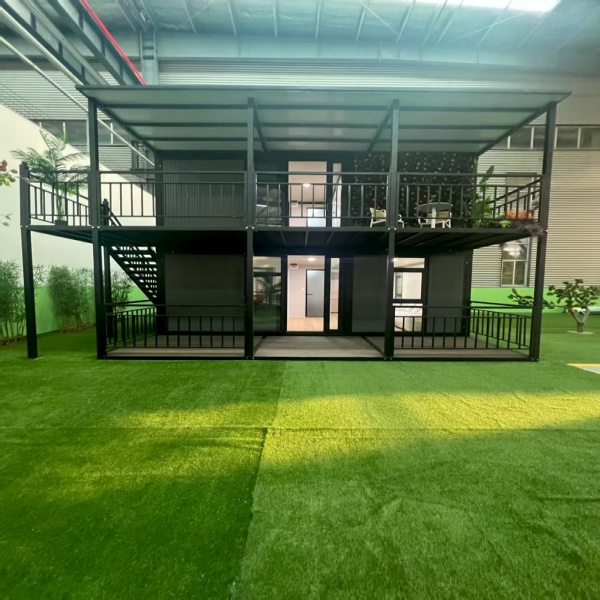 Luxury foldable two-story container houses in luxury resort hotels and villa hotels
Luxury foldable two-story container houses in luxury resort hotels and villa hotels -
 Detachable Design Prefabricated Container House Portable Modular Office Building Folding Container House
Detachable Design Prefabricated Container House Portable Modular Office Building Folding Container House -
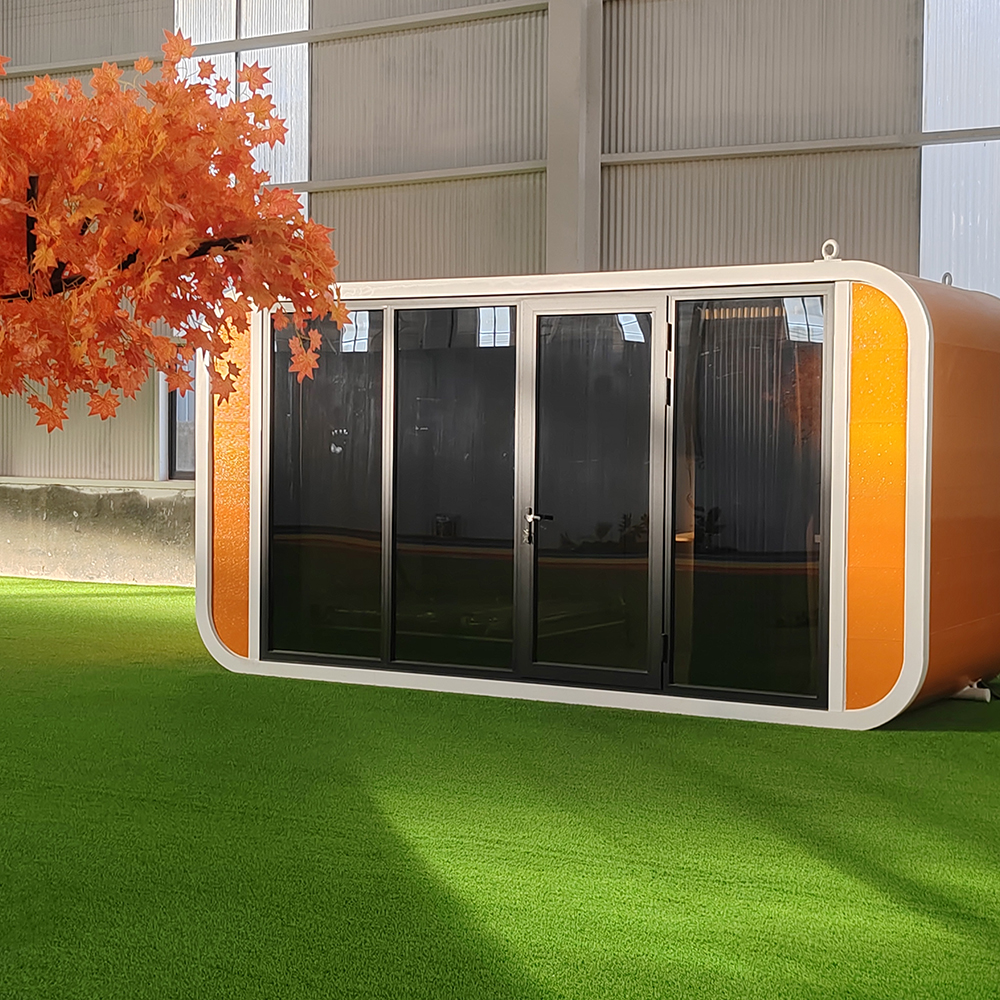 Luxury Prefabricated Living Container House Modular Glass Tiny House Prefab Container Home Apple Cabin
Luxury Prefabricated Living Container House Modular Glass Tiny House Prefab Container Home Apple Cabin -
 Customized Two Wing Folding Expandable Container House
Customized Two Wing Folding Expandable Container House -
 Customized Expandable Container House Holiday Home Folding Prefab Container House with Bathroom and Kitchen
Customized Expandable Container House Holiday Home Folding Prefab Container House with Bathroom and Kitchen -
 The foldable container house with side wing design can be quickly set up and is suitable for various environments.
The foldable container house with side wing design can be quickly set up and is suitable for various environments. -
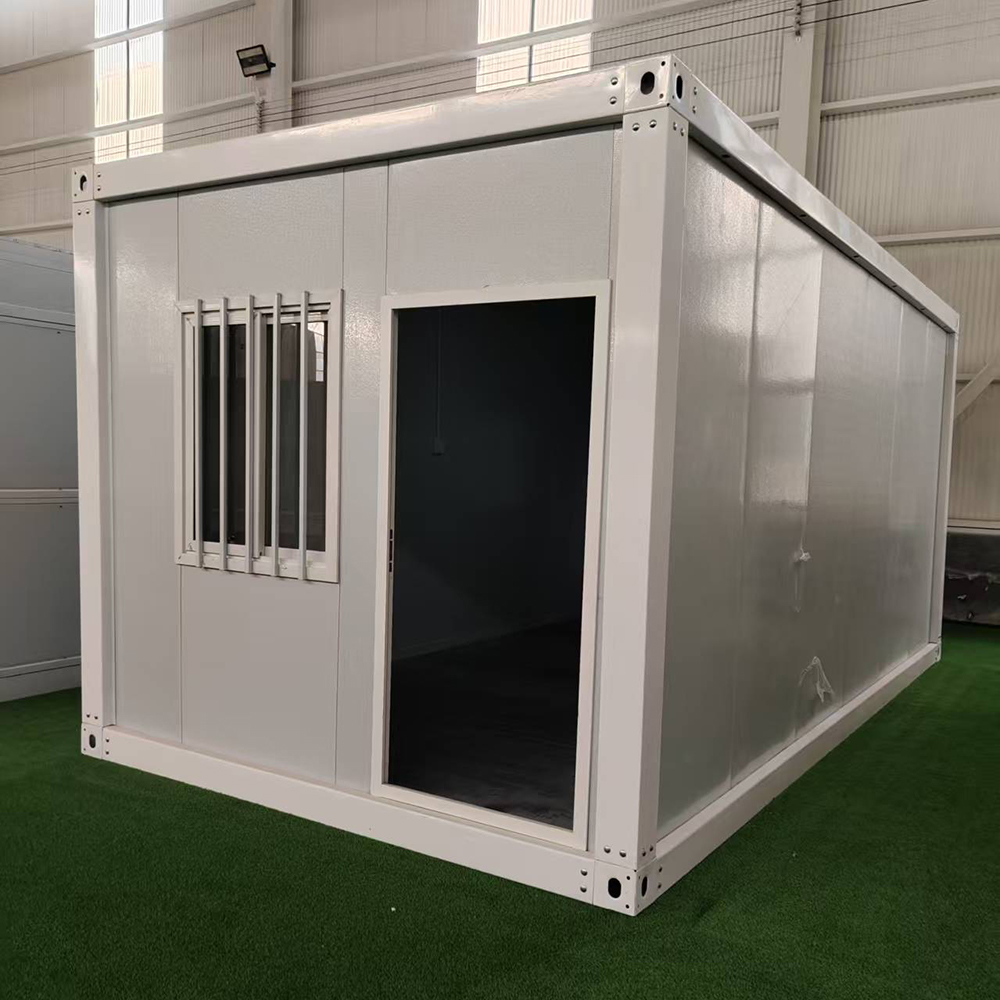 Folding Container Moving House Modular Office Container House Prefab Container for Outdoor Use
Folding Container Moving House Modular Office Container House Prefab Container for Outdoor Use -
 Hot-selling foldable container houses, expandable prefabricated houses, suitable for office or living use, with fast delivery.
Hot-selling foldable container houses, expandable prefabricated houses, suitable for office or living use, with fast delivery.
Related search
Related search- prefab cabin container house
- prefab folding house
- foldable homes 20ft office folding container house
- Buy container house foldable
- z folding container house
- Buy prefab container house
- China price homes extended expandable container house
- China 15ftx 20ft mobile expandable prefab house mobile home prefab
- China cabins on apple valley road
- portable prefabricated expandable container house









